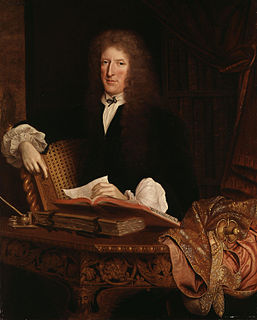A Quote by Ann Radcliffe
How strange it is, that a fool or knave, with riches, should be treated with more respect by the world, than a good man, or a wise man in poverty!
Related Quotes
Nothing more completely baffles one who is full of trick and duplicity than straigthforward and simple integrity in another. A knave would rather quarrel with a brother knave than with a fool, but he would rather avoid a quarrel with one honest man than with both. He can combat a fool by management and address, and he can conquer a knave by temptations. But the honest man is neither to be bamboozled nor bribed.
The errors of a wise man are literally more instructive than the truths of a fool. The wise man travels in lofty, far-seeing regions; the fool in low-lying, high-fenced lanes; retracing the footsteps of the former, to discover where he diviated, whole provinces of the universe are laid open to us; in the path of the latter, granting even that he has not deviated at all, little is laid open to us but two wheel-ruts and two hedges.
... No photograph ever was good, yet, of anybody - hunger and thirst and utter wretchedness overtake the outlaw who invented it! It transforms into desperadoes the weakest of men; depicts sinless innocence upon the pictured faces of ruffians; gives the wise man the stupid leer of a fool, and the fool an expression of more than earthly wisdom.
He is a wise man who seeks by every legitimate means to make all the money he can honestly, for money can do so many worthwhile things in this world, not merely for one's self but for others. But he is an unmitigated fool who imagines for a moment that it is more important to make the money than to make it honestly. One of the advantages of possessing money is that it facilitates one's independence and mental attitude. The man head over heels in debt is more slave than independent.

































